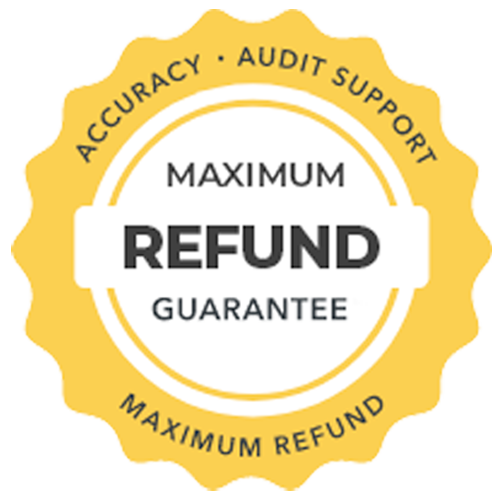Direct Funder, LLC
Engagement Letter
Hire the #1 FFCRA processing team to ensure you receive the maximum refund you deserve. Please take a moment to read and sign our Engagement Letter. Your signature empowers our team to handle your tax credit refund with care and expertise on your behalf. Plus we guarantee you'll receive the maximum refund available to you!
What are my next steps to claim my refund?
- Read and sign the engagement letter.
- Pay your fully refundable retainer fee of $350. If you don't get the maximum refund available, you don't pay anything.
- Setup your private access to our secure Client Portal to upload your documents.
- Verify your identity and submit your documents to our team.
- Wait for your tax refund to arrive from the IRS.
Questions? Call (480) 550-9599
Direct Funder, LLC Engagement Letter
Please read and sign below:


